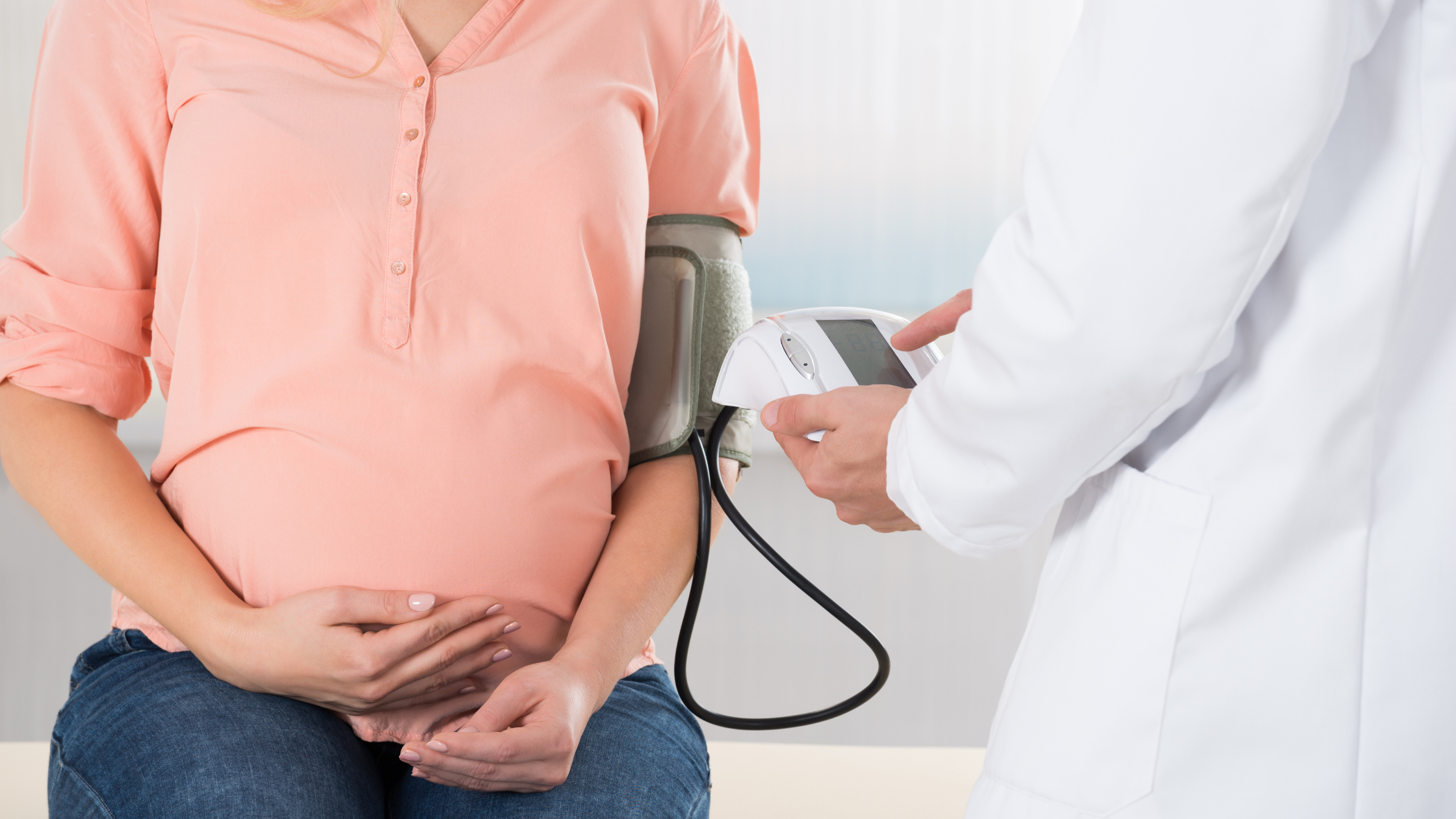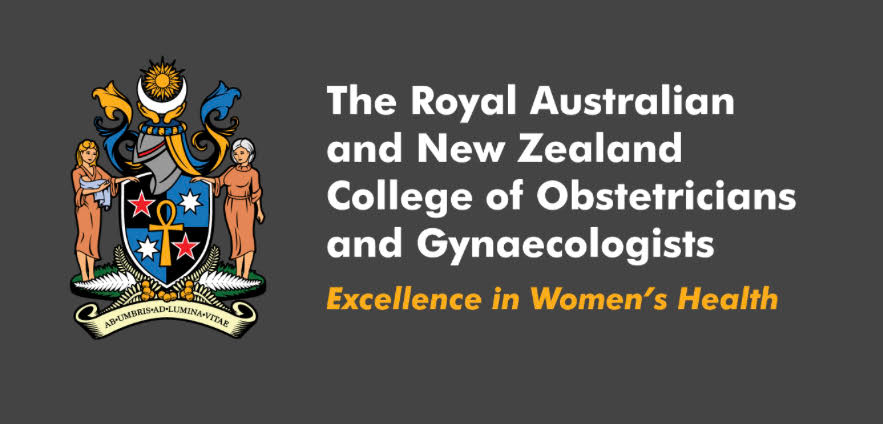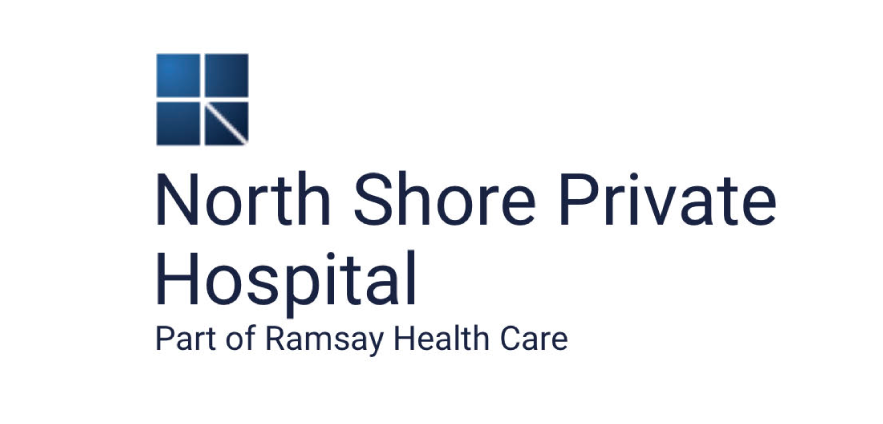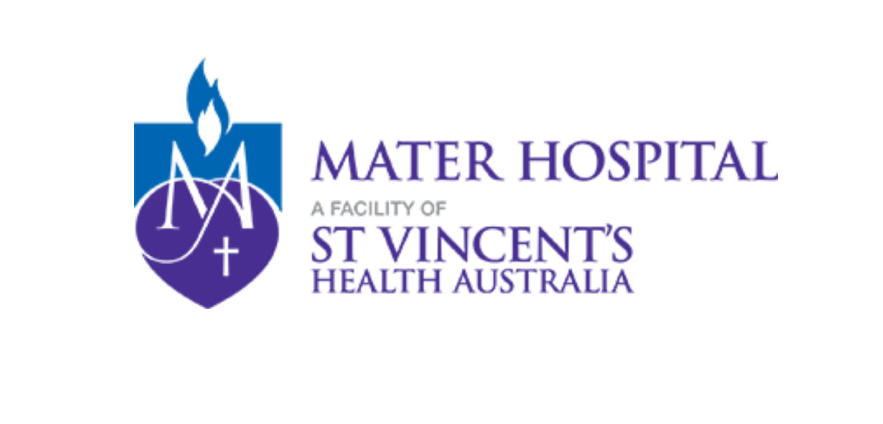

Pre-eclampsia is a serious medical condition that occurs in the second half of pregnancy and can affect up to 8% of pregnancies. It usually occurs later in pregnancy and this is the reason that antenatal visits are more frequent after 28 weeks.
It is characterised by high blood pressure (>140/90) and can effect organs such as kidneys (protein in urine), liver (disordered liver function), and placenta (reduced placental function).
In severe cases it can progress onto eclampsia which is characterised by seizures occurring in the mother.
Symptoms to look out for:
Headaches
Blurred vision
Generalised swelling
Right sided upper abdominal pain
Risk factors include:
- Pre-existing high blood pressure prior to pregnancy
- Diabetes, obesity
- Pre-eclampsia is more common in first pregnancies
- Age – over 40
- Multiple pregnancies
- Immune conditions such as Lupus or anti phospholipid AB syndrome
Treatment:
Many women will be commenced on blood pressure medication, but the best cure is to deliver the baby and this will depend on how severe the pre-eclampsia is and the gestation of the baby.
Prevention:
- Optimising weight prior to pregnancy
- Managing high blood pressure prior to becoming pregnant
- If you are deemed high risk for developing pre eclampsia commencing aspirin 150mg/day and calcium 1200mg/day prior to 14 weeks




